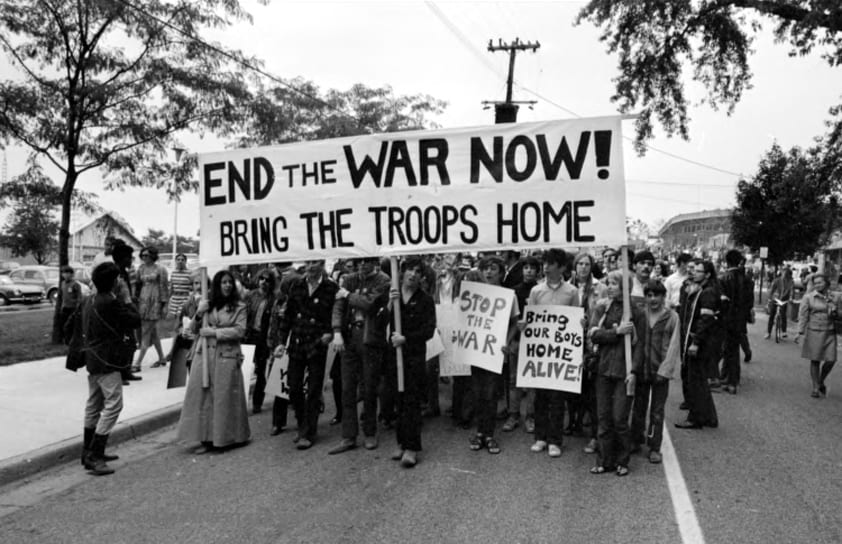In this latest episode of In Theory, Tom Furse, one the primary editors at the JHI Blog, interviewed Samuel Moyn, Professor at Yale University about his Carlyle Lectures, “The Cold War and the Canon of Liberalism,” and his latest book, Human: How the United States Abandoned Peace and Reinvented War (Verso, 2022). We discussed how liberal acceptance of war came through putting humanity at the center and that the 1970s were a turning point in the politics of justification for war. Following this, we go through Judith Shklar, Isaiah Berlin, Karl Popper, Gertrude Himmelfarb, Hannah Arendt, and Lionel Trilling as a canon of liberal thinkers. In particular, we talk about their thought on neoconservatism, fascism, socialism, and communism, the tensions between liberty and equality, and how the Enlightenment, Cold War fears, and Christianity influenced their works.
Thomas Furse is a primary editor at the JHI Blog and a PhD candidate at City, the University of London. He researches the connections between strategic thought, the social sciences, management theory and political economy.
Edited by Kristin Engelhardt
Featured Image: Antiwar March outside Crisler Arena on the University of Michigan Campus, September 20, 1969. Courtesy of The Detroit News Collection, Walter P. Reuther Library, Archives of Labor and Urban Affairs, Wayne State University.



